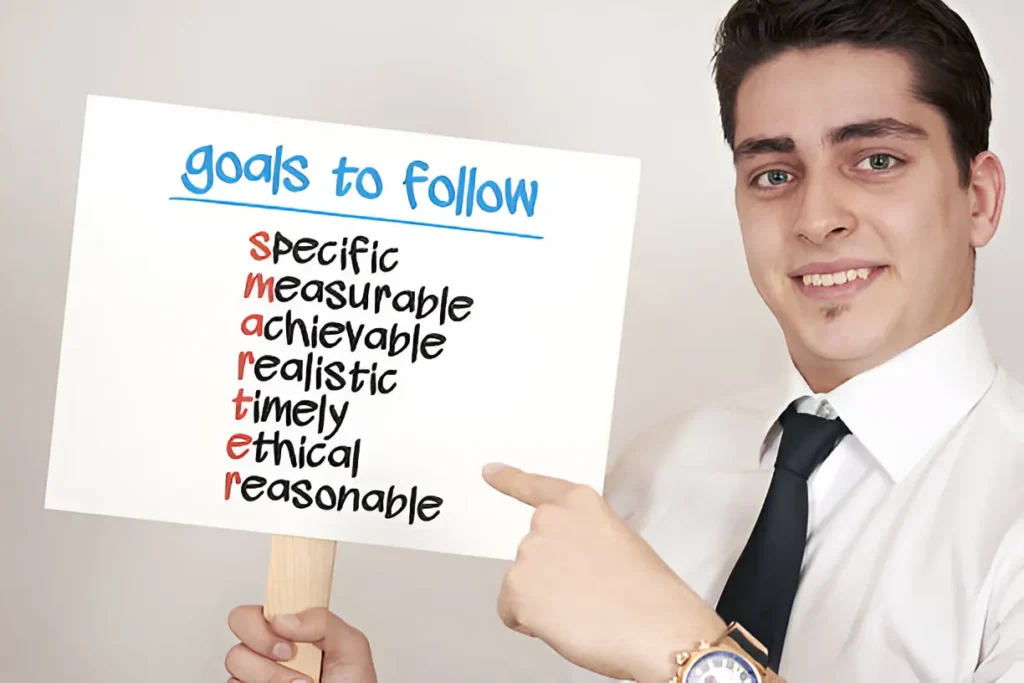Striking a balance between the rigor of academics and the joy of leisure might seem challenging for students. However, recent studies have shown that integrating fun into the learning process can significantly boost memory retention and academic performance. Playful activities stimulate the brain in unique ways, making the absorption of complex subjects more manageable. Keep reading to discover how you can enhance your educational journey by embracing the lighter side of learning.
Balancing Study Sessions with Playful Breaks for Better Concentration
Marathon study sessions can be draining and counterproductive, as prolonged focus often leads to diminished returns. It’s essential to take short, playful breaks, like quick online games at a real money social casino, to refresh the mind and maintain productivity. These short breaks help consolidate memories and process information more effectively.
The type of break you take matters. Physical activities like stretching or a brisk walk can reset your mental state, while creative activities such as doodling or playing an instrument stimulate different brain areas. These activities enhance cognitive flexibility, helping you approach complex study material with fresh insights.
The Science of Fun in Learning and Memory Retention
Neuroscience research shows a strong link between positive emotions and effective learning. Fun activities stimulate the release of dopamine, a neurotransmitter that improves memory and focus. Incorporating fun into study sessions can lead to better information retention. Fun also fosters a growth mindset, fostering perseverance and a love for discovery. This approach breaks the monotony of traditional learning, keeping the educational experience fresh and engaging.
A mix of humor and educational content helps overcome stress associated with studying, creating a healthier environment that minimizes anxiety and allows students to perform at their optimal cognitive capacity. Fun facilitates social interaction, making learning a shared experience that encourages discussion and idea exchange, enhancing knowledge acquisition and fostering a network of support among peers.
Group Activities: Enhancing Understanding Through Collaboration
Group activities are a powerful tool for learning, as they transform study topics into collaborative projects, allowing participants to bring unique insights and skills. This environment diversifies the learning experience and encourages a deeper understanding of the subject matter. Active participation in group discussions solidifies knowledge and exposes different perspectives, prompting critical thinking.
Team-based activities, like academic competitions or group challenges, stimulate motivation and encourage deeper engagement with the content. These activities mimic real-world scenarios where teamwork and communication are crucial for success. Group activities help build interpersonal skills, which are often overlooked in academia. Effective communication and teamwork are crucial competencies in the professional world, and their development during the educational process through enjoyable collaborative work is invaluable.
Gamification of Education: Turning Challenges into Achievements
Gamifying educational content revolutionizes learning by turning lessons into interactive games with goals, points, and rewards. This approach makes learning engaging and enjoyable, helping students tackle challenging tasks with enthusiasm. For example, role-playing historical events or scientific scenarios can make abstract concepts more tangible, relatable, and memorable.
With gamification, students receive instant feedback on their progress, promoting continuous learning and quick correction of mistakes. The integration of technology allows for diverse digital tools, from quiz apps to immersive simulations, providing personalized learning experiences accessible from anywhere. This innovative approach is particularly effective in fields like a masters degree health informatics , where complex concepts benefit from interactive learning.
Mind and Body: How Physical Activities Lead to Academic Success
Physical activity significantly impacts academic success, as it increases blood flow to the brain, leading to improved concentration and cognitive function. This leads to greater efficiency in studying and assimilating new information. Engaging in sports or active pursuits also teaches discipline and time management skills, which are crucial for maintaining a successful academic schedule.
Physical activity also enhances mood and reduces stress, promoting a healthier mental state that allows students to focus on their academic goals without excessive stress or anxiety. Physical activities boost neuroplasticity, the brain’s ability to form new neural connections, preparing students to adapt to new learning conditions, a valuable asset in the ever-evolving education landscape.
Overall, the incorporation of fun and varied activities into one’s academic routine can offer an array of cognitive and social benefits that lead to better educational outcomes. By integrating the principles of enjoyment, collaboration, and physical wellness with traditional study methods, students can develop a more holistic and potent approach to their learning endeavors.
Also Read –
